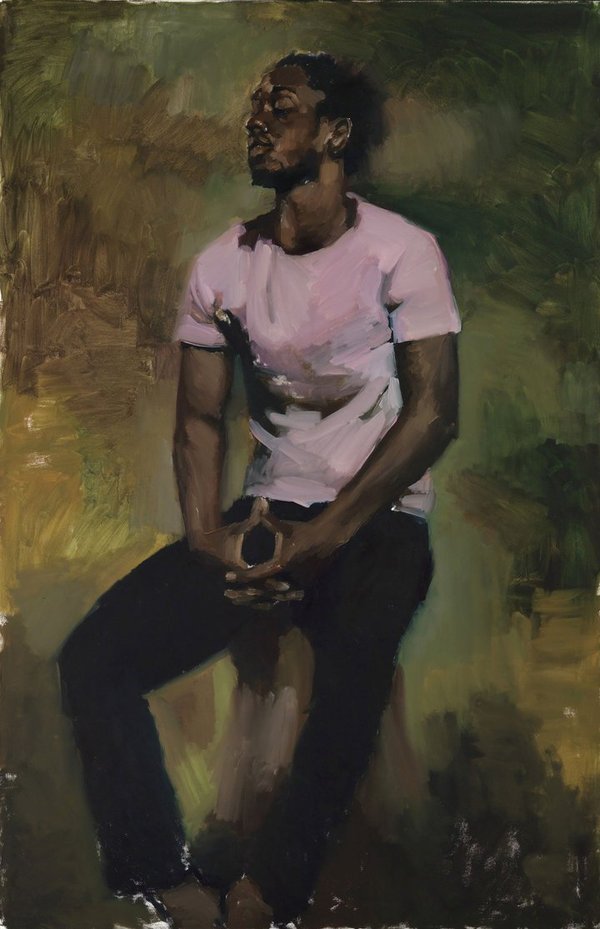Nature is powerful. We play at escaping to it, long to return to it, wish to conquer it, say we will protect it, risk destroying it. But what is it? How do we engage with our natural environment? What is natural vs unnatural? What might art, theory and clinical practice tell us about our relationship with the natural world that we are an intrinsic part of?
Join philosophers, analysts and artists to debate these questions.
Click here to register.
Attendees can tune in live, or access a recording over the following 48 hours, enabling viewing at their own convenience. (After this time, the recording will no longer be available)
Feifei Zhou is a Chinese-born artist and architect. She holds an MA in architecture from the Royal College of Art in London and was a guest researcher at Aarhus University Research on the Anthropocene (AURA). Her work explores spatial, cultural, and ecological impacts of the industrialized built environment. She co-edited the digital publication Feral Atlas: The More-than-Human Anthropocene with Anna Tsing, Jennifer Deger and Alder Keleman Saxena, published in October 2020.
Vanessa Brassey is a philosopher, artist, and visiting research fellow at King’s College London, where she is also Director of the Centre for Philosophy & Arts. She publishes in academic journals, magazines and makes short-form documentaries. During the lockdown she returned to landscape painting, documenting her daily dog walks on Hampstead Heath (a tonic to break up the zoom lecturing and teaching).
William Badenhorst is a psychoanalysis with the British Psychoanalytical Society, a psychiatrist, in private practice and Honorary Clinical Senior Lecturer at Imperial College London.
Chaired by Alla Rubitel, a psychoanalyst with the British Psychoanalytical Society, a consultant psychiatrist at the Tavistock and Portman NHS Foundation Trust, and an Honorary Clinical Senior Lecturer at Imperial College London.





























